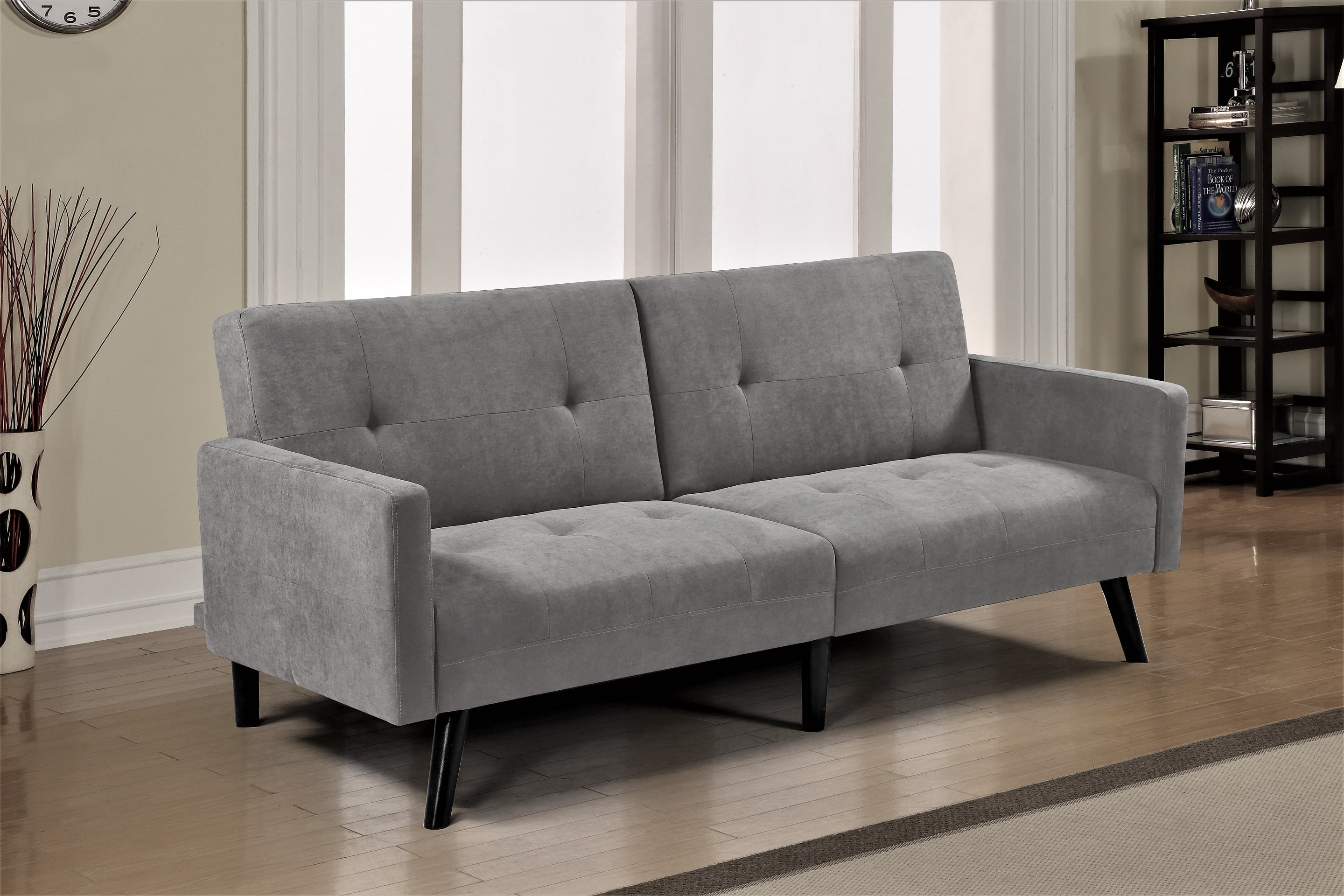If your bathroom sink is taking ages to drain, you may have a clogged drain. The good news is that there are several solutions you can try before calling a professional plumber. Here are 10 clogged drain solutions to help unclog your bathroom sink and get the water flowing freely again.Clogged Drain Solutions
If you're dealing with a slow draining sink, the first thing you should try is to unclog it yourself. Start by removing any hair or debris from the drain using a pair of gloves and a drain snake. You can also try using a plunger to dislodge the clog. If these methods don't work, you may need to use a chemical drain cleaner or call a professional plumber.How to Unclog a Bathroom Sink
If you want to avoid using harsh chemicals to unclog your bathroom sink, there are a few DIY drain cleaning tips you can try. One popular method is to pour a mixture of baking soda and vinegar down the drain, followed by hot water. This can help break up and dissolve any clogs. You can also try using a mixture of salt and baking soda, or a combination of dish soap and hot water.DIY Drain Cleaning Tips
Understanding the common causes of slow draining sinks can help you prevent future clogs. Some of the most common culprits include hair, soap scum, and toothpaste buildup. These substances can accumulate in the drain over time and create a blockage. To prevent this, make sure to use a drain cover to catch any hair and regularly clean your sink to remove any buildup.Common Causes of Slow Draining Sinks
A plunger can be an effective tool for unclogging a sink. To use it properly, make sure to cover the overflow hole with a wet cloth or tape to create a seal. Then, fill the sink with enough water to cover the rubber part of the plunger. Place the plunger over the drain and push and pull in a rapid motion to create suction. This can help dislodge the clog and allow the water to flow freely.How to Use a Plunger on a Sink
If you prefer to use natural and environmentally-friendly methods to clear a clogged sink, there are a few options you can try. As mentioned earlier, a mixture of baking soda and vinegar can be effective in breaking up clogs. You can also try using a combination of lemon juice and salt, or boiling water and dish soap. These methods may take a bit longer to work, but they are safer for your pipes and the environment.Natural Ways to Clear a Clogged Sink
If you've tried all the DIY methods and your sink is still clogged, it may be time to call in the professionals. A drain cleaning service can use specialized tools and techniques to effectively remove even the toughest clogs. They can also inspect your pipes for any damage or potential issues, saving you time and money in the long run.Professional Drain Cleaning Services
The best way to deal with a clogged sink is to prevent it from happening in the first place. Here are a few tips to keep your sink draining smoothly:How to Prevent Clogged Sinks
In some cases, a clogged sink may require the expertise of a professional plumber. Here are a few signs that it's time to call in the pros:Signs You Need to Call a Plumber for a Clogged Sink
If you're planning to tackle a clogged sink on your own, it's important to have the right tools on hand. Some useful tools for unclogging a bathroom sink include a plunger, a drain snake, and a pair of gloves. You may also want to invest in a chemical drain cleaner or a natural drain cleaning solution, depending on your preference. In conclusion, a clogged bathroom sink can be a frustrating and inconvenient problem to deal with. However, with the right tools and techniques, you can effectively unclog your sink and prevent future clogs. If all else fails, don't hesitate to call a professional plumber for assistance. With these solutions, you can keep your bathroom sink draining smoothly and avoid any potential plumbing disasters in the future.Tools for Unclogging a Bathroom Sink
Why Your Bathroom Sink is Taking Ages to Drain

The Importance of Proper Drainage in House Design
 When it comes to designing a house, there are many factors to consider. From the layout to the materials used, each decision can have a significant impact on the functionality and overall look of your home. One often overlooked aspect of house design is proper drainage, especially in the bathroom. A
slow-draining bathroom sink
may seem like a minor inconvenience, but it can actually be a sign of a bigger issue. In this article, we will explore the reasons why your bathroom sink may be taking ages to drain and the importance of
adequate drainage in house design
.
When it comes to designing a house, there are many factors to consider. From the layout to the materials used, each decision can have a significant impact on the functionality and overall look of your home. One often overlooked aspect of house design is proper drainage, especially in the bathroom. A
slow-draining bathroom sink
may seem like a minor inconvenience, but it can actually be a sign of a bigger issue. In this article, we will explore the reasons why your bathroom sink may be taking ages to drain and the importance of
adequate drainage in house design
.
Clogged Pipes and Buildup
 One of the most common reasons for a
slow-draining bathroom sink
is clogged pipes or buildup. Over time, hair, soap scum, and other debris can accumulate in your pipes, causing them to become clogged. This buildup restricts the flow of water, resulting in a
slow-draining sink
. Additionally, if your sink has a pop-up stopper, it can become clogged with hair and debris, further hindering the drainage process. To prevent this issue, it is essential to regularly clean and maintain your pipes and sink stopper.
One of the most common reasons for a
slow-draining bathroom sink
is clogged pipes or buildup. Over time, hair, soap scum, and other debris can accumulate in your pipes, causing them to become clogged. This buildup restricts the flow of water, resulting in a
slow-draining sink
. Additionally, if your sink has a pop-up stopper, it can become clogged with hair and debris, further hindering the drainage process. To prevent this issue, it is essential to regularly clean and maintain your pipes and sink stopper.
Improper Slope and Venting
 Another reason for a
slow-draining bathroom sink
could be due to improper slope and venting in your plumbing system. When pipes are not installed at the correct slope, water may not flow smoothly and can become trapped, causing a
slow drain
. Poor venting can also contribute to this issue, as it prevents air from flowing through the pipes, creating a vacuum and slowing down the drainage process. It is crucial to ensure that your plumbing system is properly installed and vented to avoid these problems.
Another reason for a
slow-draining bathroom sink
could be due to improper slope and venting in your plumbing system. When pipes are not installed at the correct slope, water may not flow smoothly and can become trapped, causing a
slow drain
. Poor venting can also contribute to this issue, as it prevents air from flowing through the pipes, creating a vacuum and slowing down the drainage process. It is crucial to ensure that your plumbing system is properly installed and vented to avoid these problems.
The Impact on House Design
 A
slow-draining bathroom sink
may seem like a minor inconvenience, but it can have a significant impact on your house design. Not only is it frustrating to deal with, but it can also lead to more severe issues in the long run. Standing water can cause damage to your sink and countertops, leading to costly repairs. It can also create a breeding ground for mold and bacteria, which can be harmful to your health. Proper drainage is essential in house design to prevent these issues and maintain the functionality and aesthetics of your home.
In conclusion, a
slow-draining bathroom sink
is not something that should be ignored. It can be a sign of a more significant underlying issue and can have a significant impact on your house design. Regular maintenance and proper installation of plumbing systems are crucial in preventing
slow drains
and ensuring the functionality and longevity of your home. So next time you notice your bathroom sink taking ages to drain, don't ignore it and take the necessary steps to address the issue promptly.
A
slow-draining bathroom sink
may seem like a minor inconvenience, but it can have a significant impact on your house design. Not only is it frustrating to deal with, but it can also lead to more severe issues in the long run. Standing water can cause damage to your sink and countertops, leading to costly repairs. It can also create a breeding ground for mold and bacteria, which can be harmful to your health. Proper drainage is essential in house design to prevent these issues and maintain the functionality and aesthetics of your home.
In conclusion, a
slow-draining bathroom sink
is not something that should be ignored. It can be a sign of a more significant underlying issue and can have a significant impact on your house design. Regular maintenance and proper installation of plumbing systems are crucial in preventing
slow drains
and ensuring the functionality and longevity of your home. So next time you notice your bathroom sink taking ages to drain, don't ignore it and take the necessary steps to address the issue promptly.


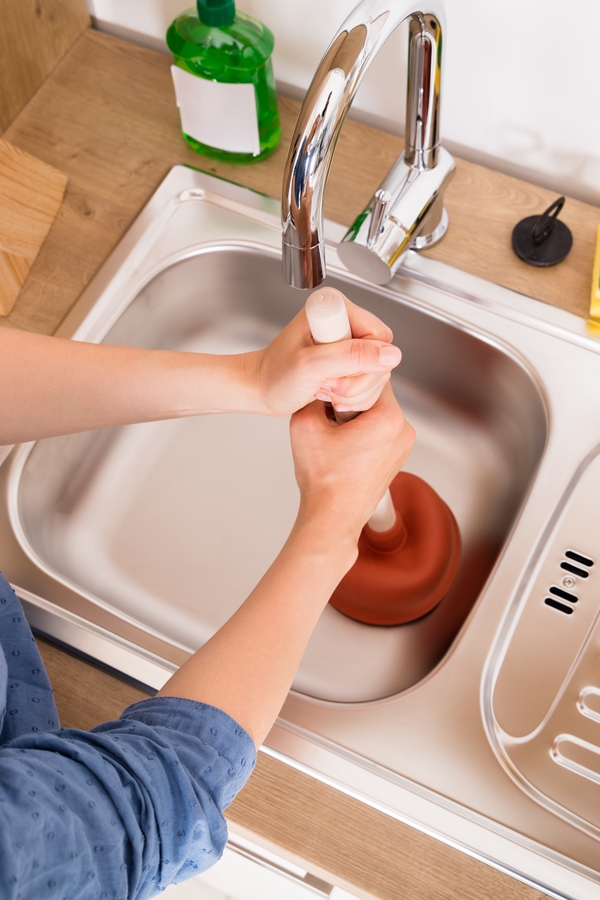
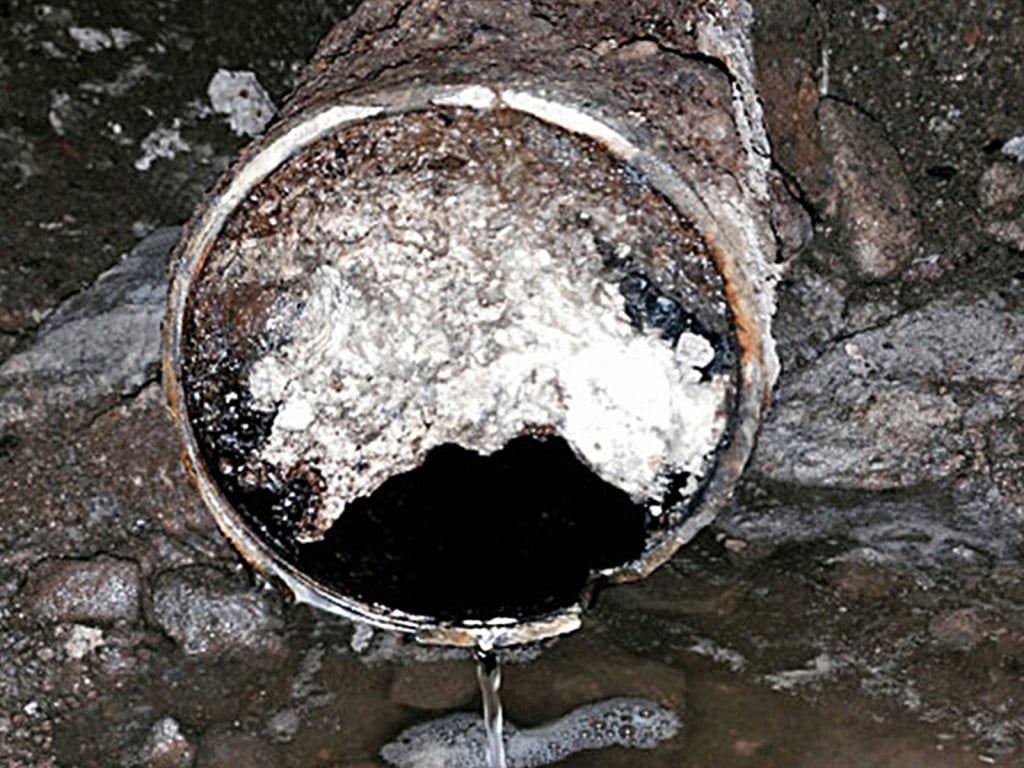





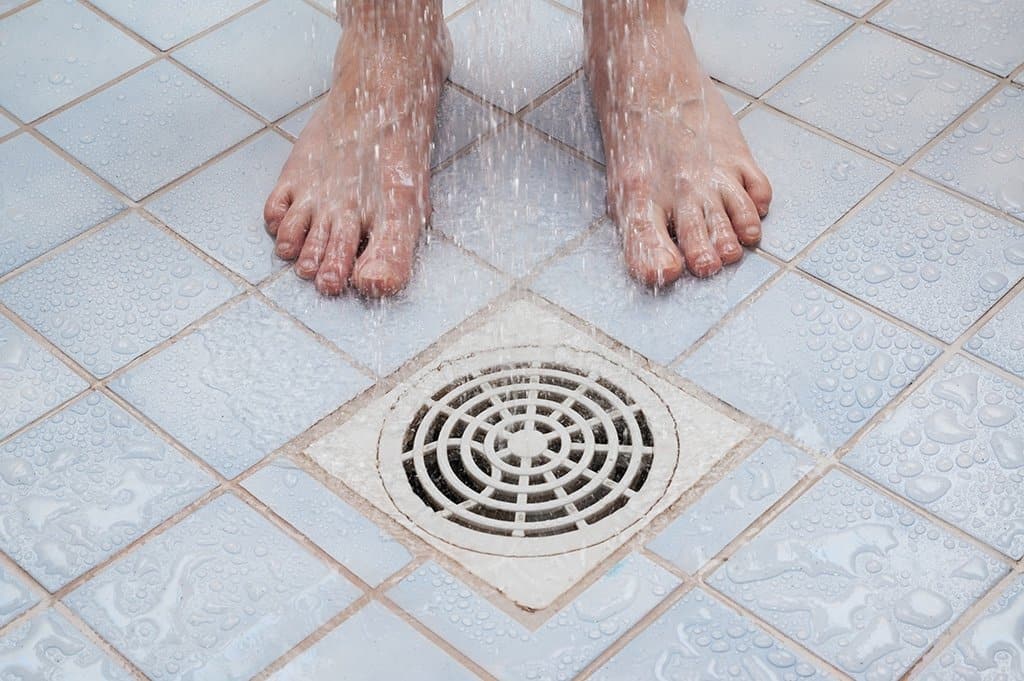













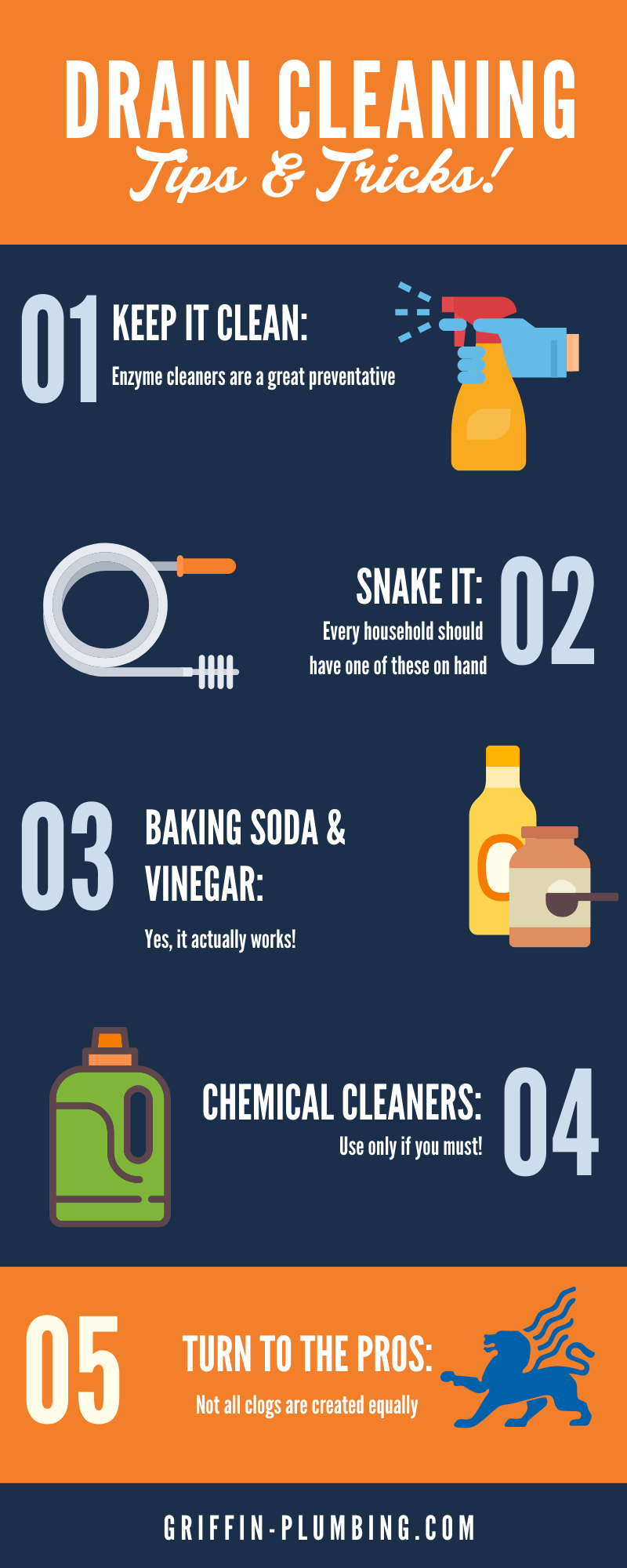


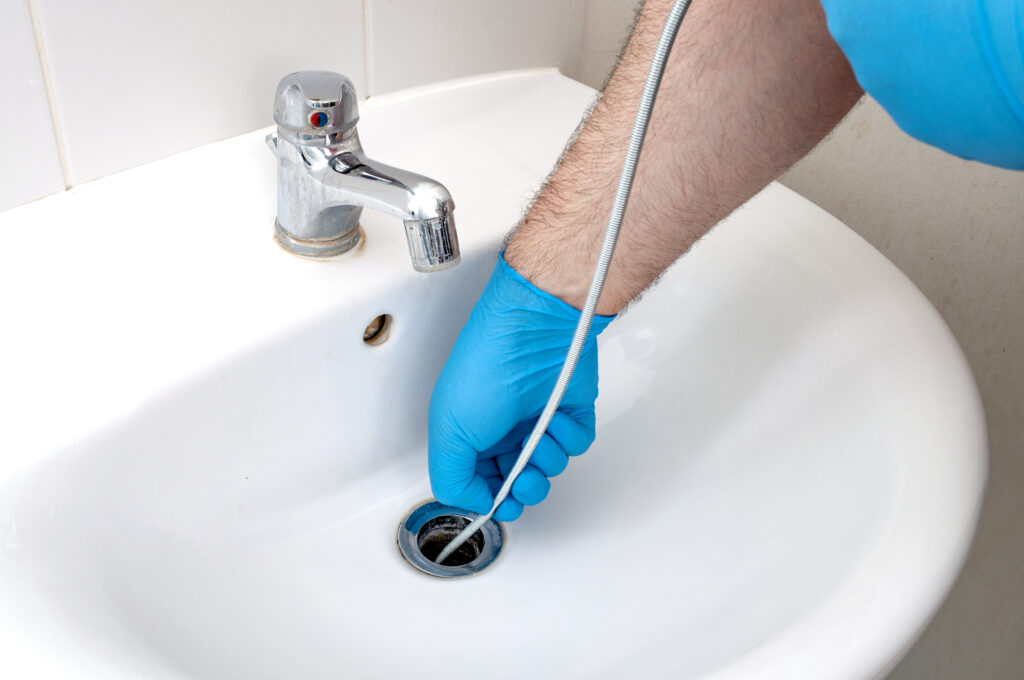

:max_bytes(150000):strip_icc()/homemade-drain-cleaner-2718784_final-359556aadfc74989bd3c4b4dcdc4d276.png)


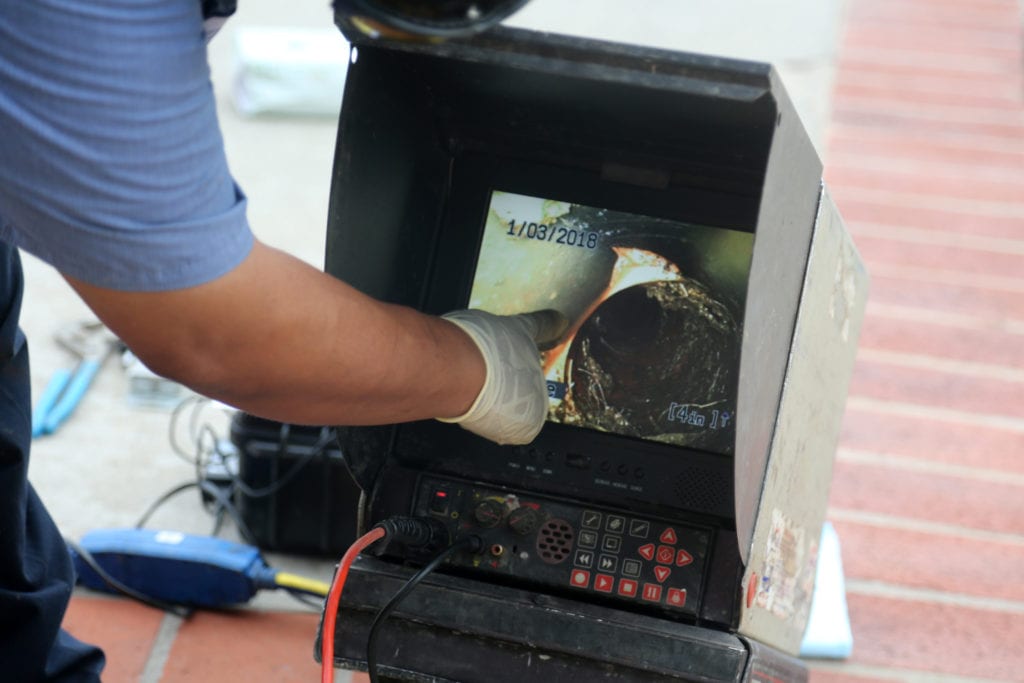
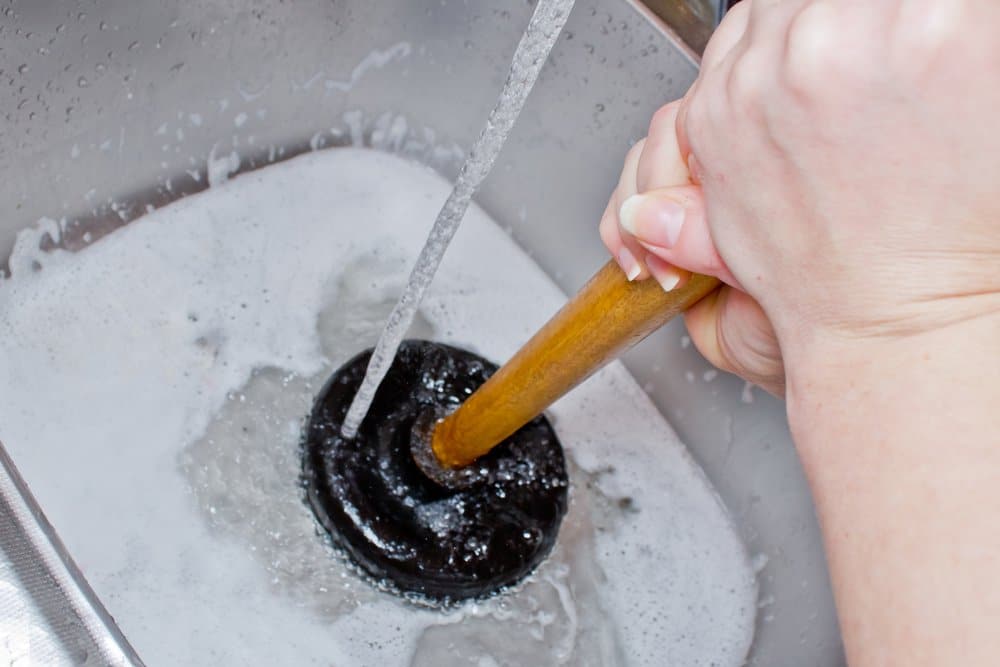
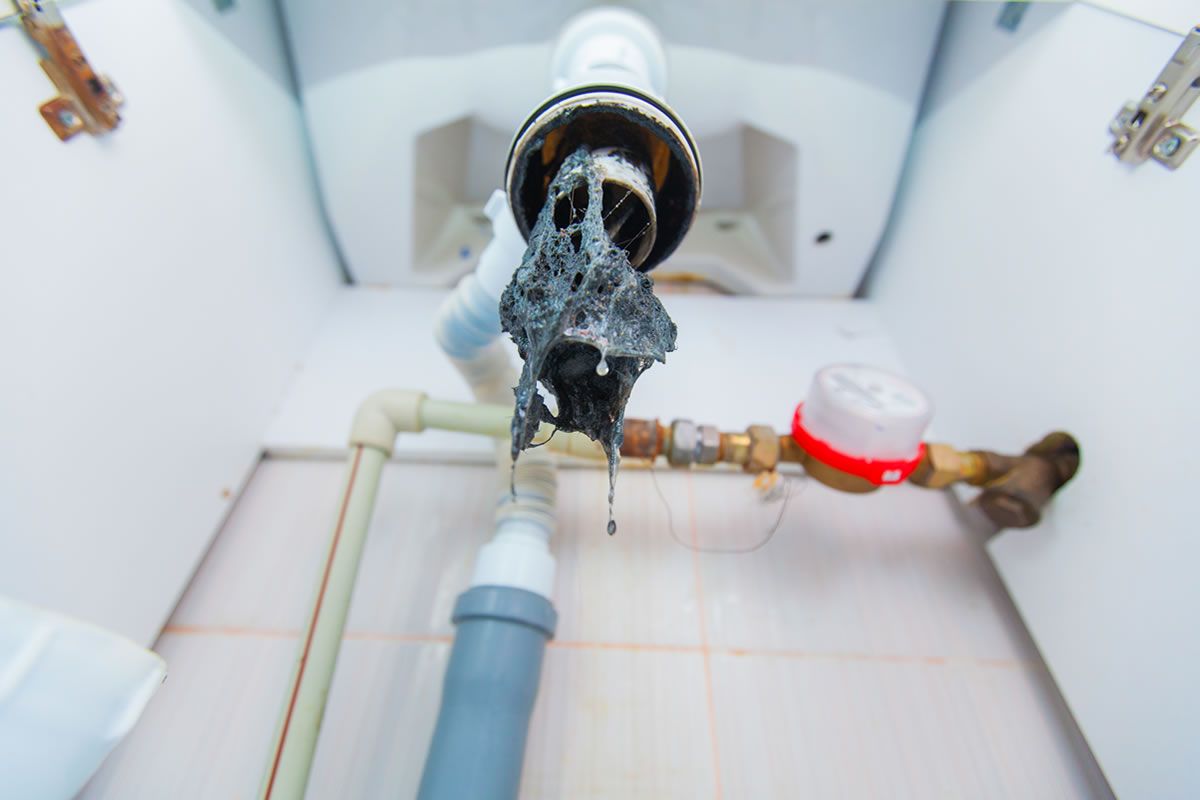





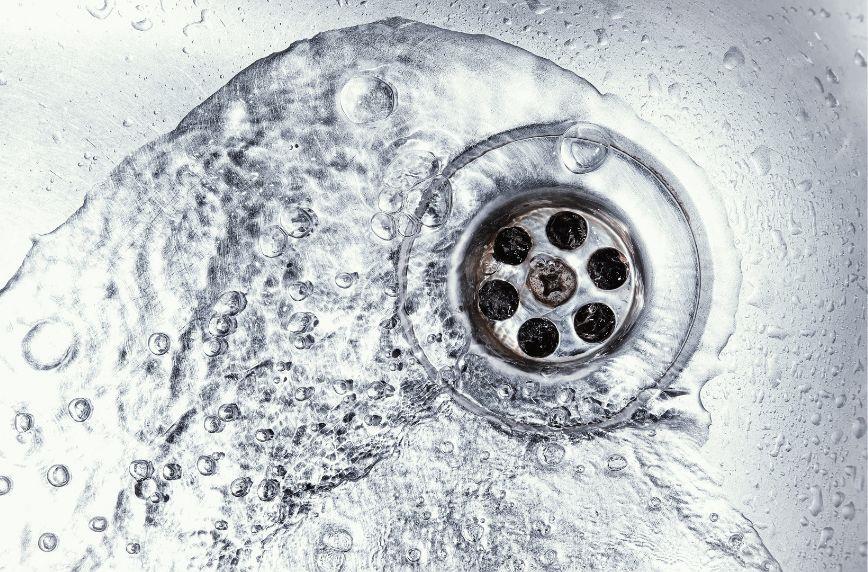

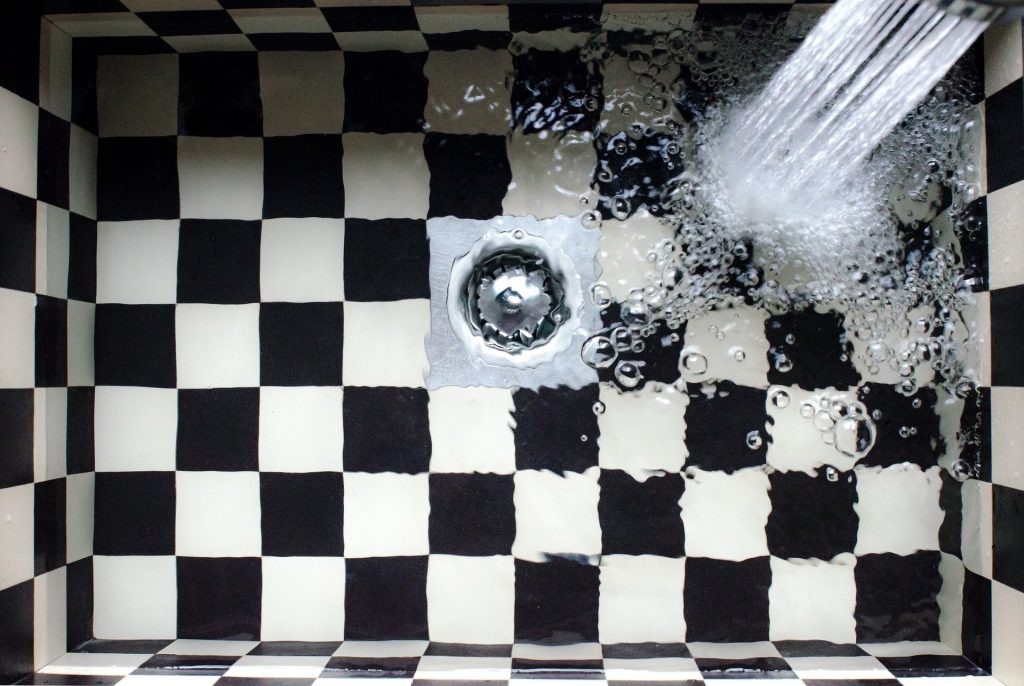
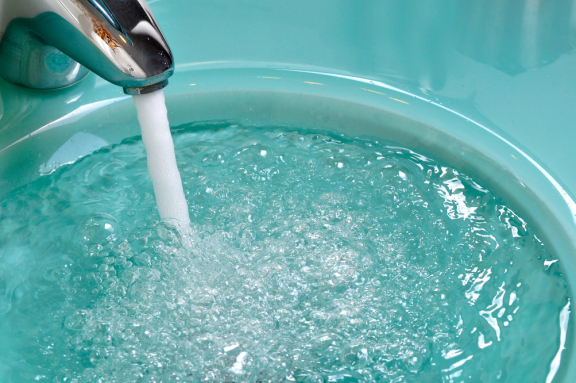




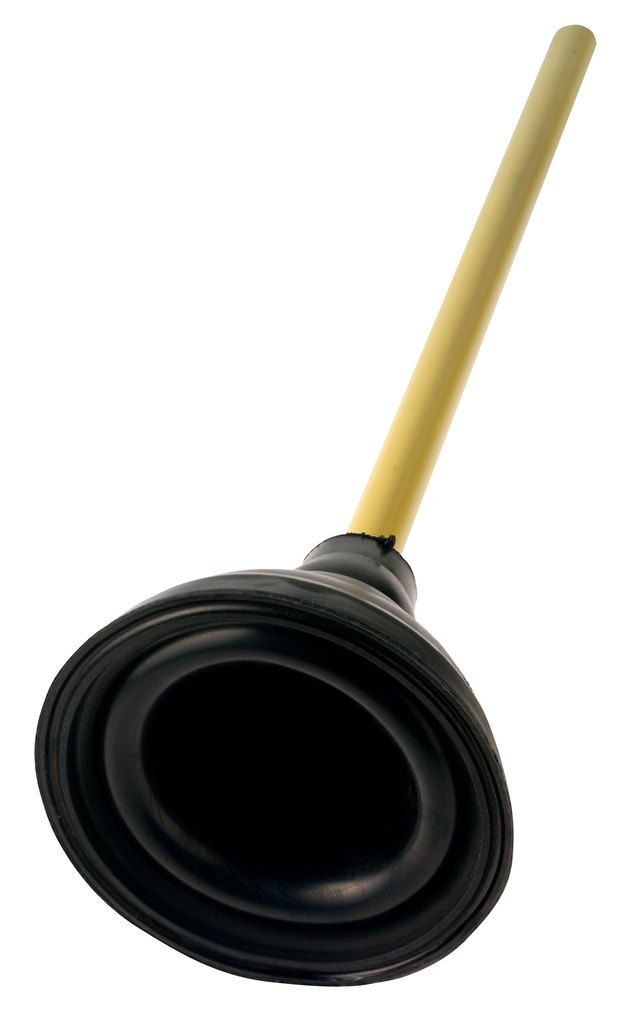

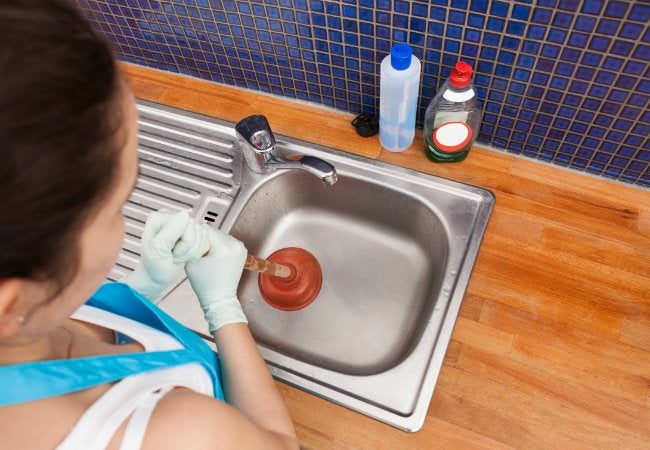
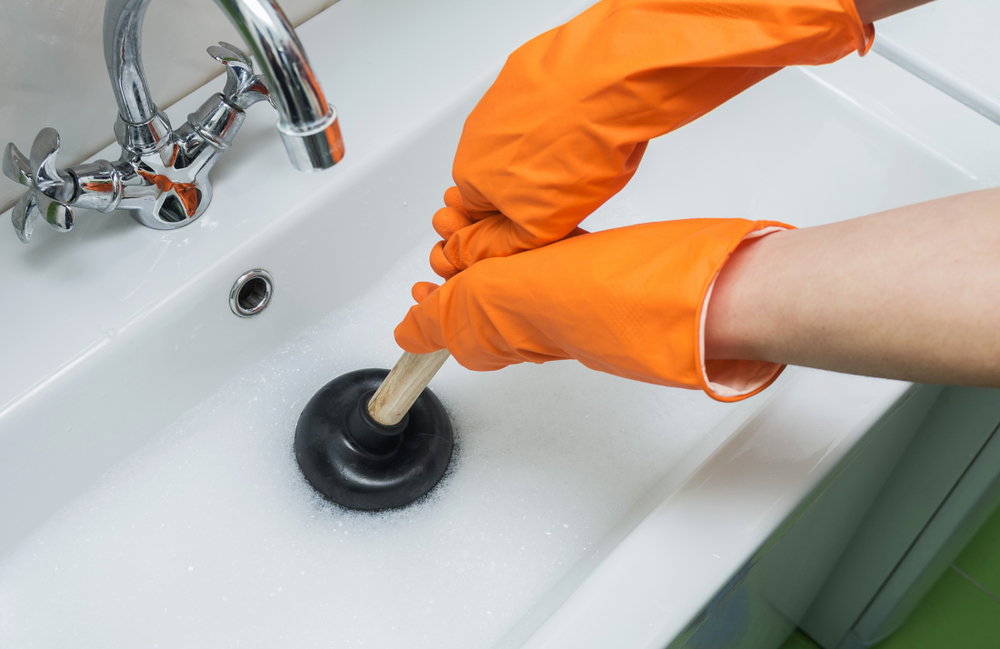
:max_bytes(150000):strip_icc()/woman-wearing-yellow-washing-up-gloves-to-unblock-sink-using-plunger-close-up-131987463-5887cfc03df78c2ccd92ec9e.jpg)

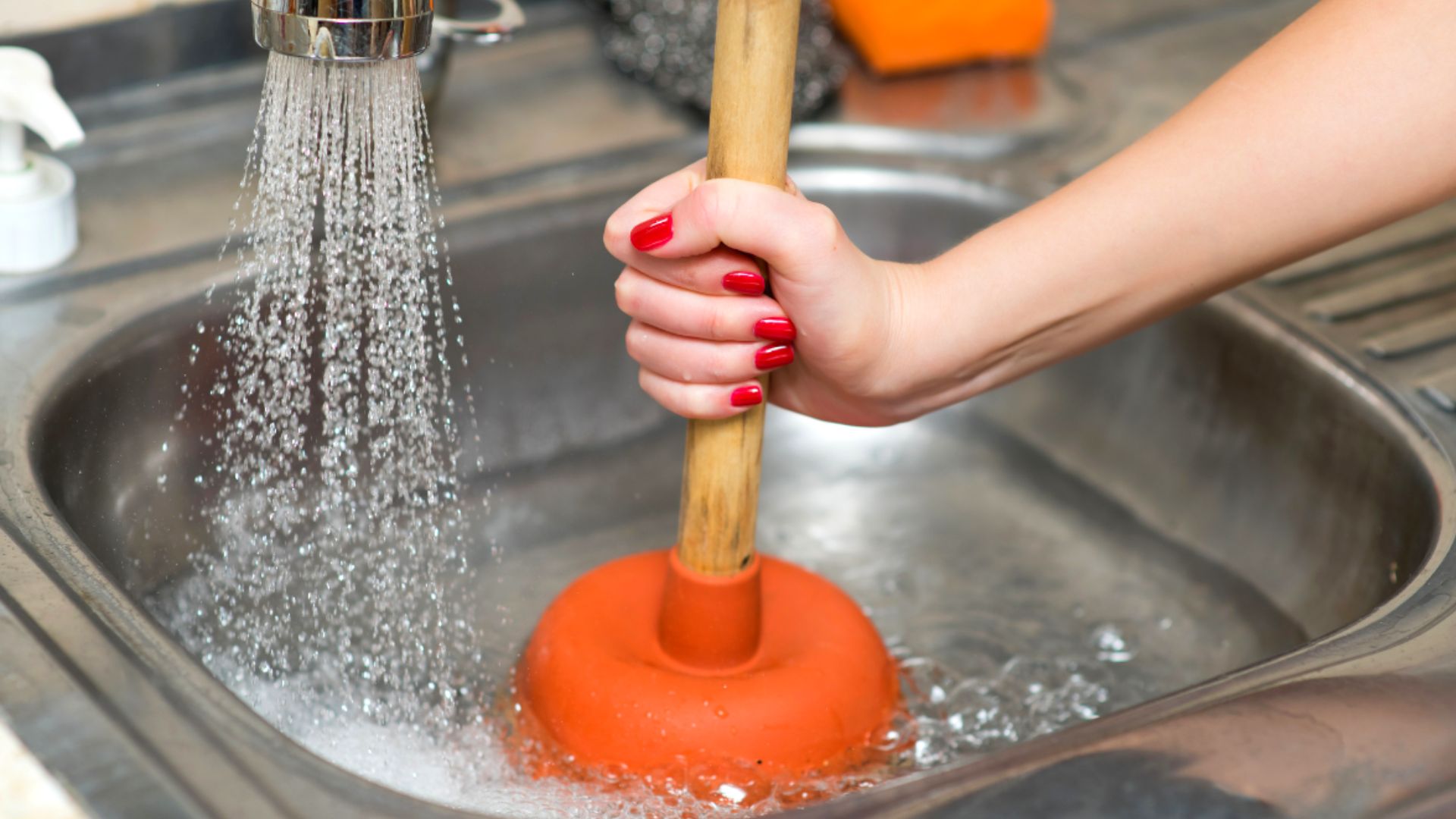

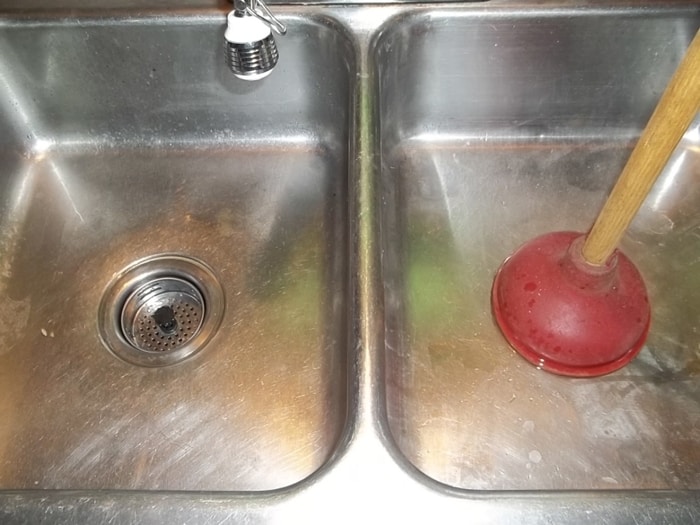
















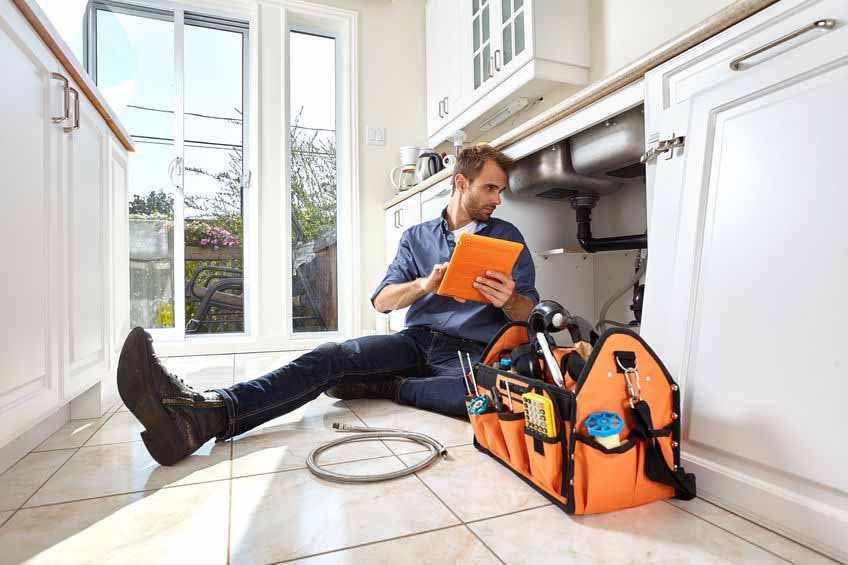

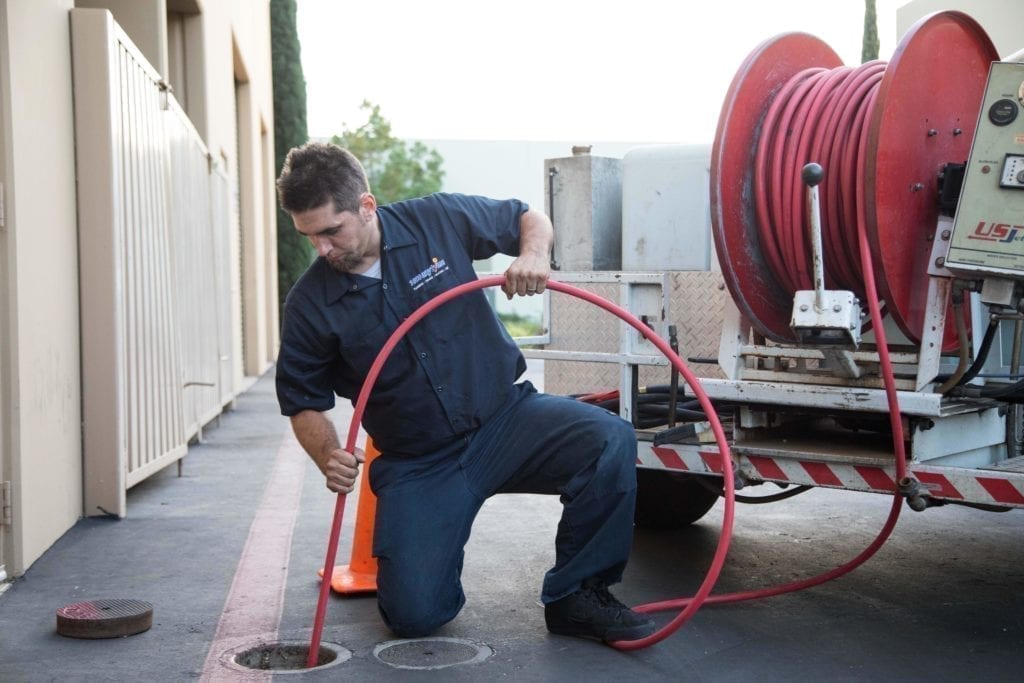
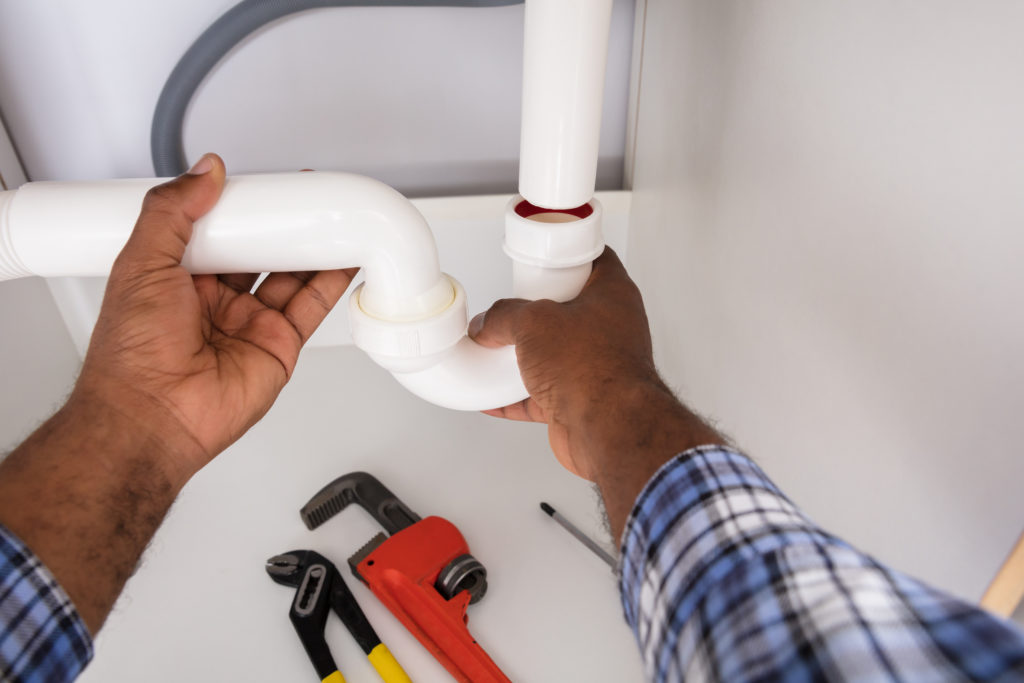




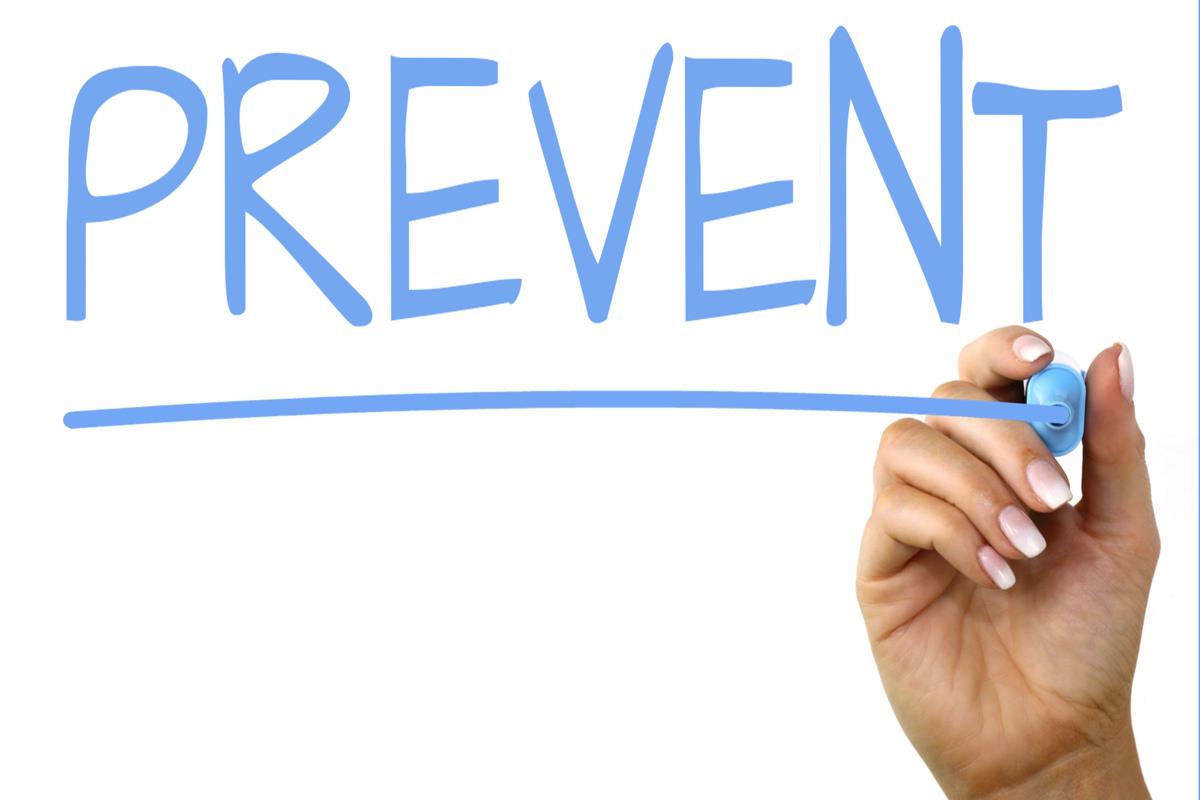
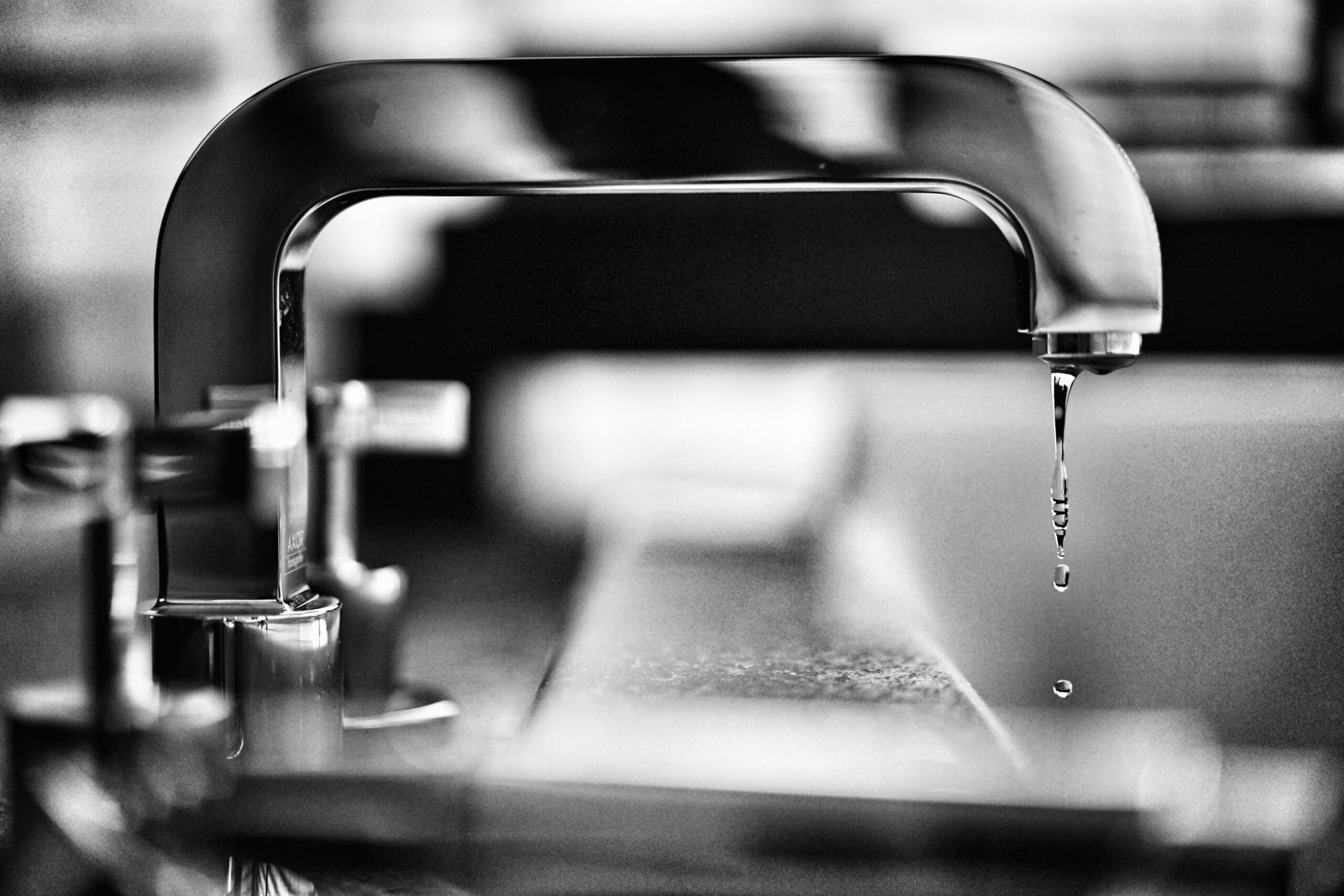

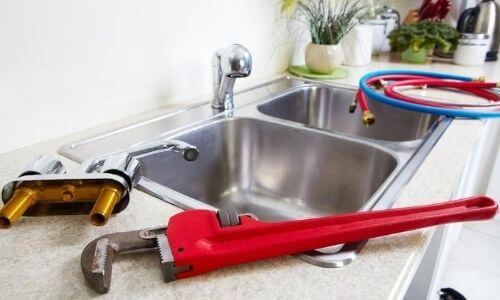
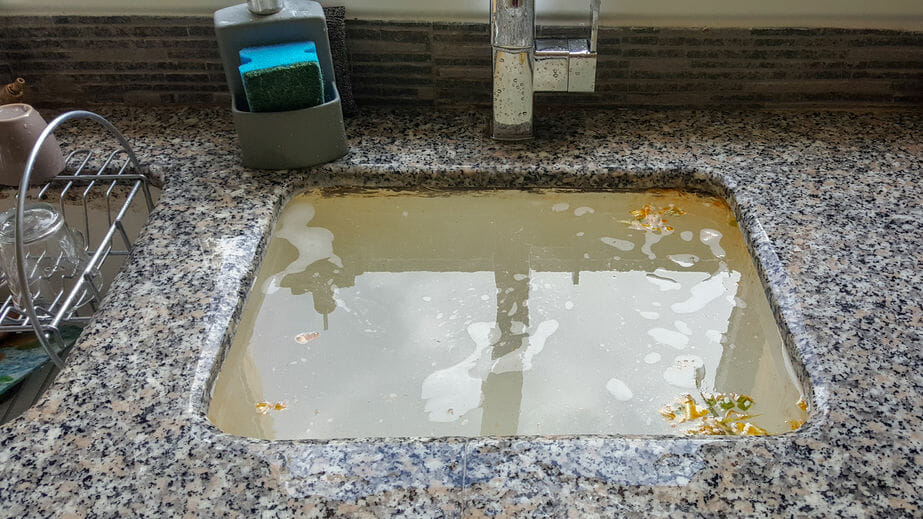

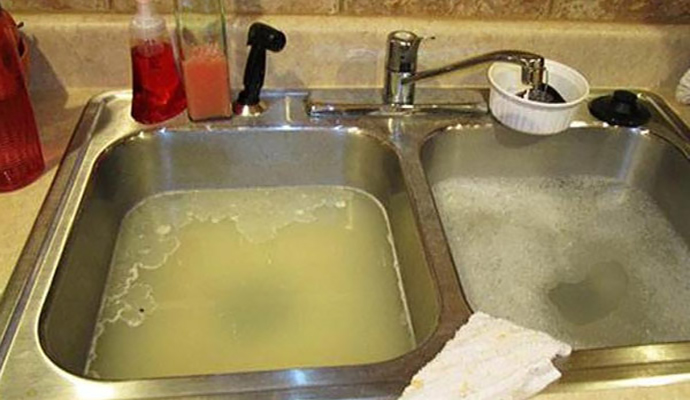



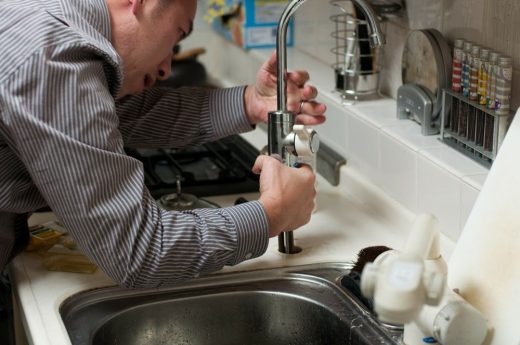

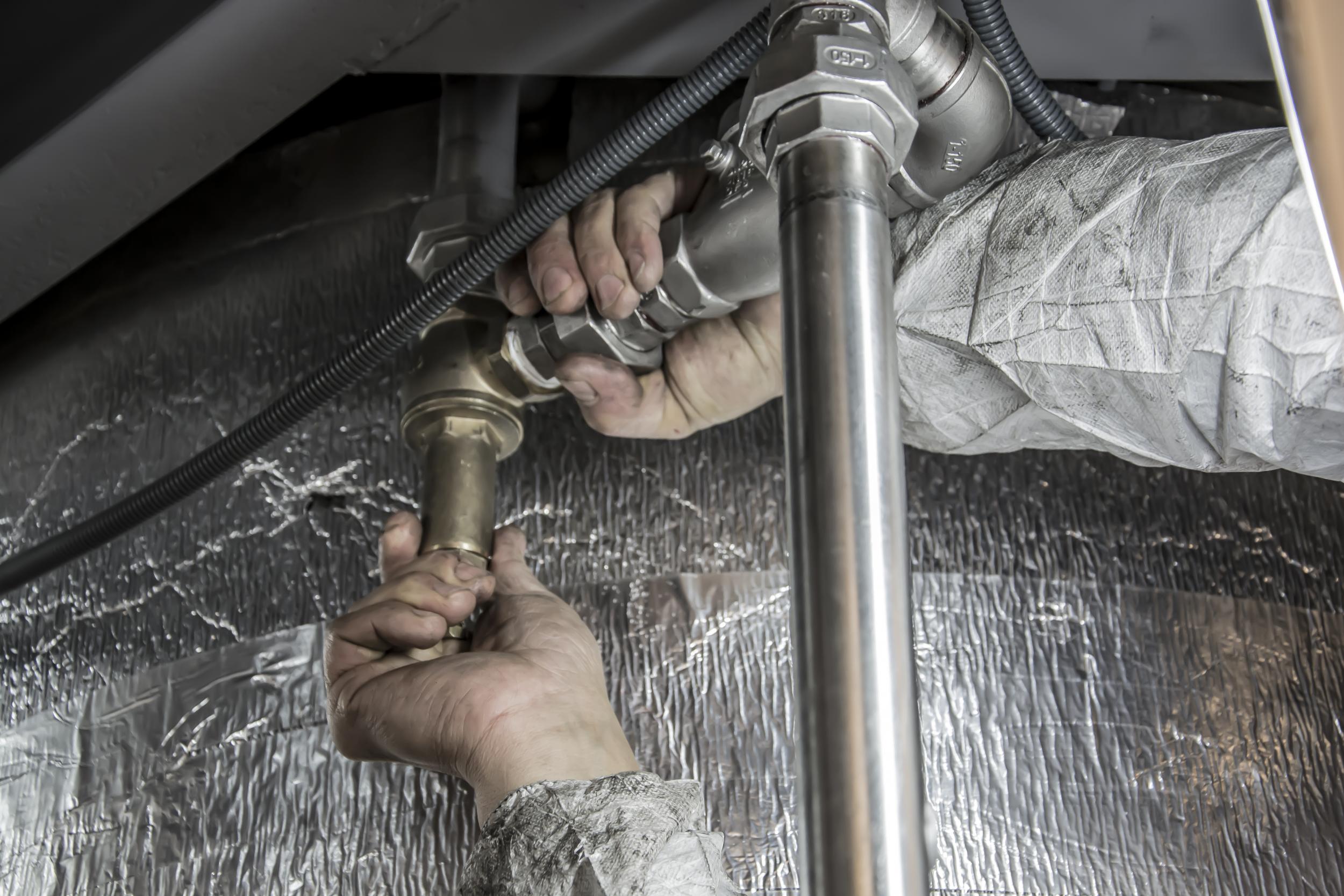



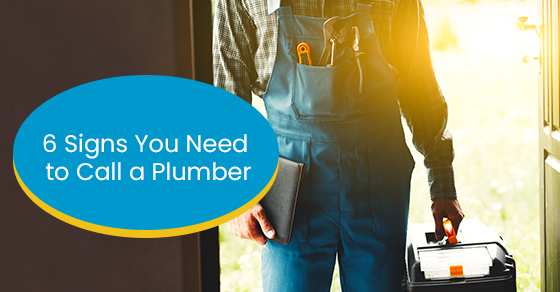





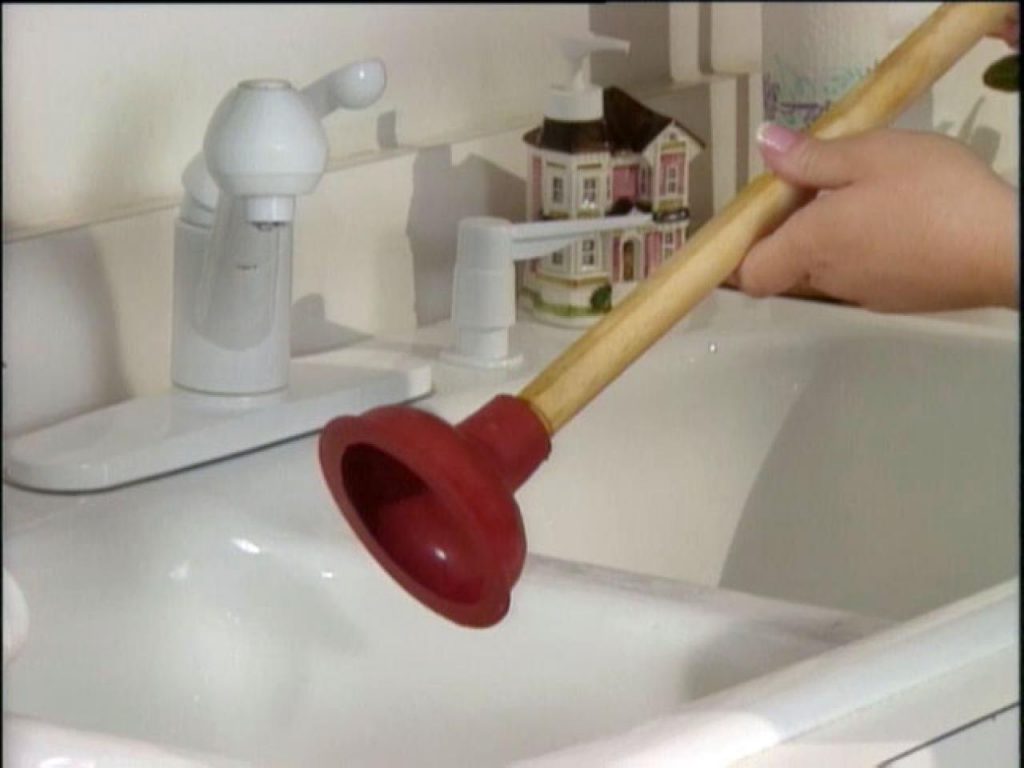

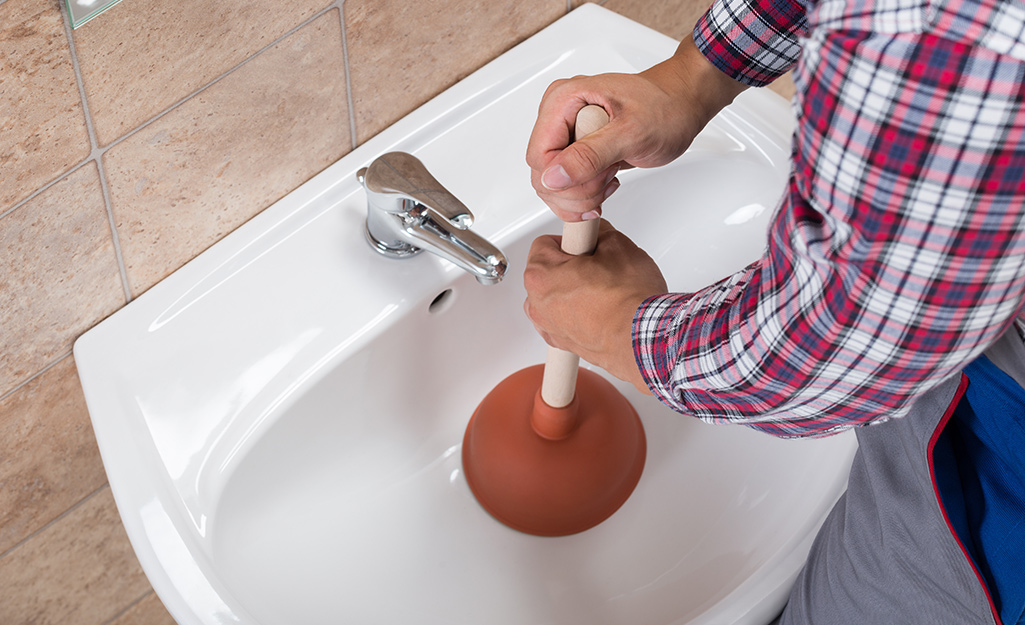
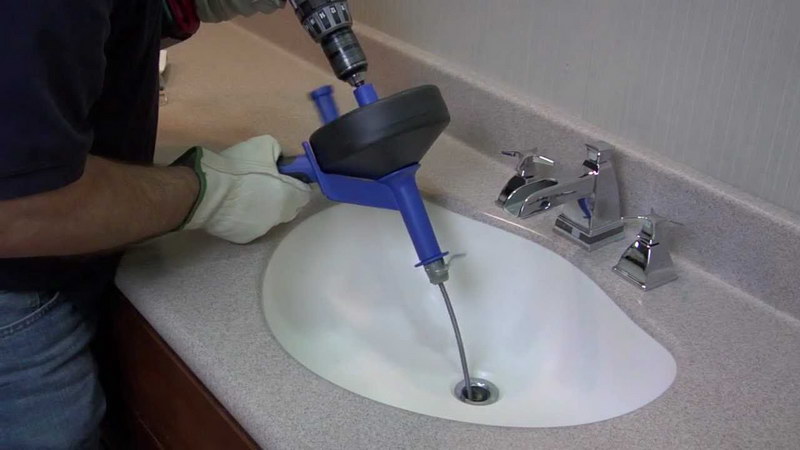
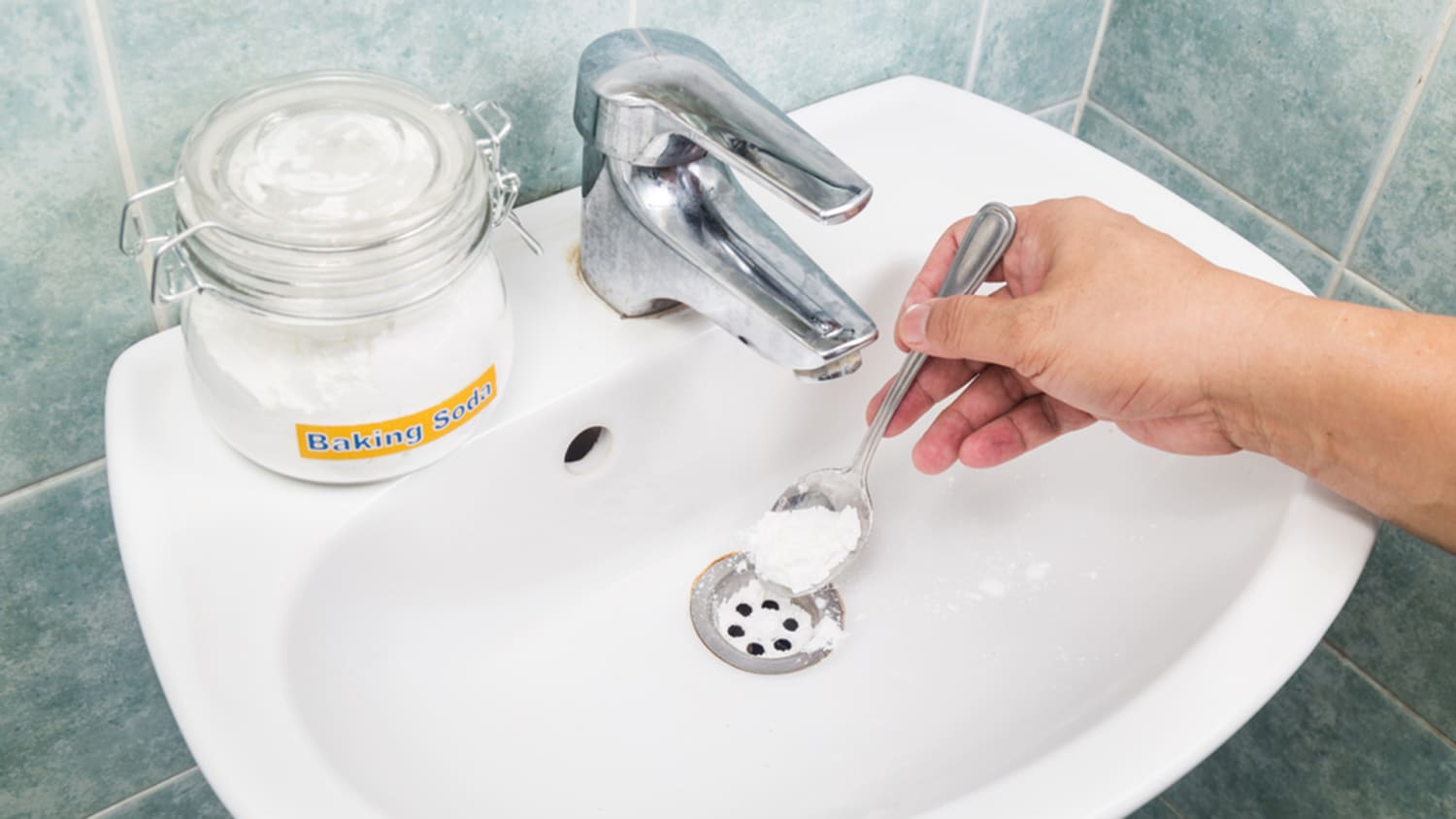

:max_bytes(150000):strip_icc()/how-to-unclog-a-kitchen-sink-2718799_sketch_FINAL-6d86f43bcb464f8ca5b61f240c2d8bf9.png)


